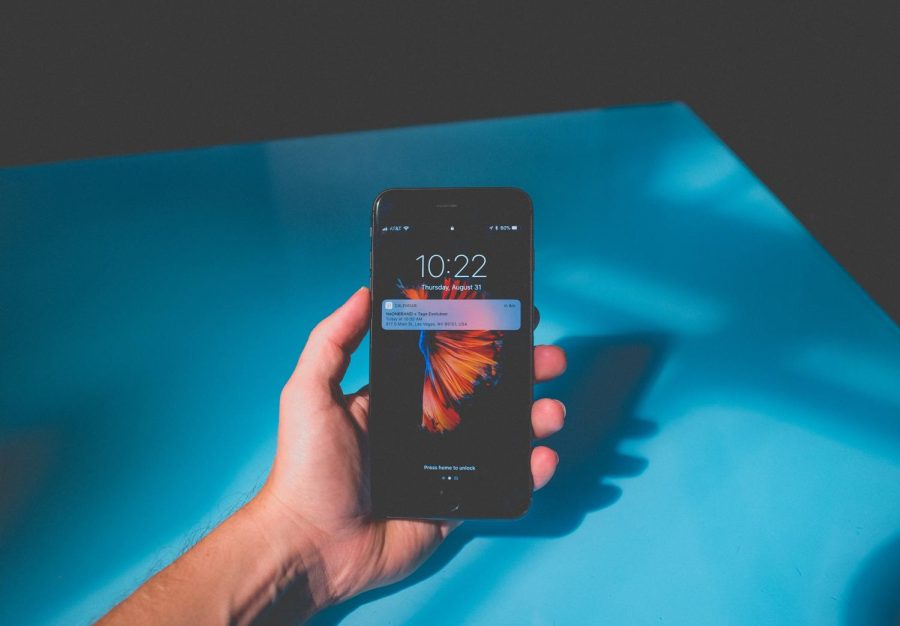Effect of High Screen time On Teens
November 9, 2021
Since the pandemic, teens’ and children’s screen time has skyrocketed. Although, as teens, we see screen time as just another statistic, it can have more negative effects than we believe.
Screen time refers to the measure of time a person spends on an electronic device. Some phones even calculate your screen time and categorize your time spent on different apps. Teens spend an average of 10.5 hours on their phones every day in the United States. 63% of teens say they use social media every day, and 45% of teens would say they use social media “almost constantly.”
Without a doubt, too much screen time can harm teens and children. Overuse of electronics can lead to sleep problems caused by the blue light coming from electronic devices, which lowers your melatonin levels. Melatonin is a hormone in your brain that regulates when you feel sleepy and when you wake up. The continuous disruption of sleep patterns proves to lead to insomnia.
Besides being sleepy, another effect that can evolve from excessive screen time is a learning barrier and mental health. From, How Much Screen Time is Too much? “An extensive 2018 study found that teens who used screens for seven or more hours per day were twice as likely to be diagnosed with depression or anxiety, compared with those who used screens for less than one hour.”
According to the US National Library of Medicine National Institutes of Health, “After one h/day of use, more hours of daily screen time were associated with lower psychological well-being, including less curiosity, lower self-control, more distractibility, more difficulty making friends, less emotional stability, being more difficult to care for, and inability to finish tasks.”
As much as we love using our phones, we need to reevaluate what it is costing us and realize it is an actual problem in our generation. Our mental health and well-being are more important.



